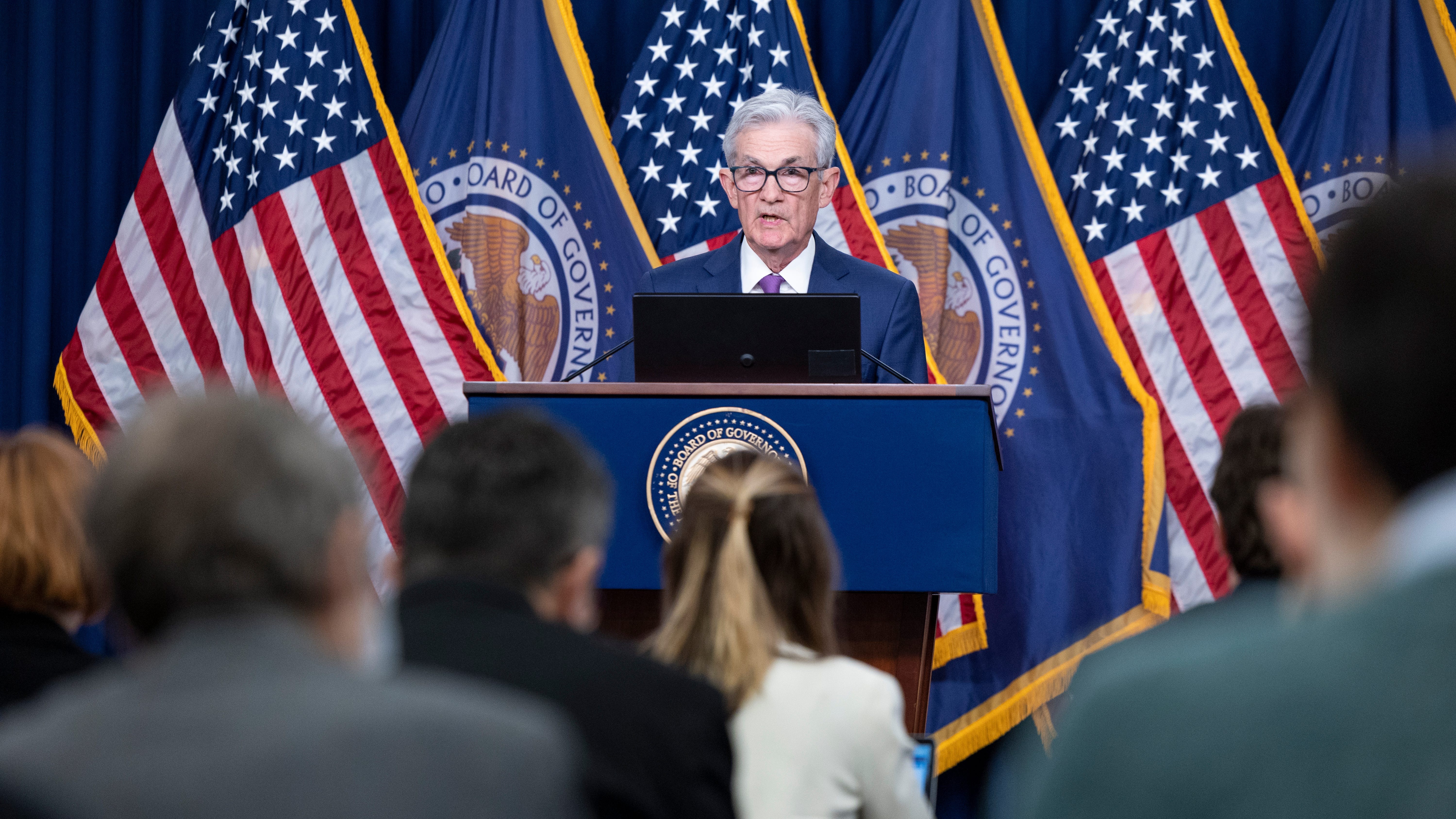The Office of the Comptroller of the Currency (OCC), a leading banking regulator in the United States, announced on Thursday that it has taken enforcement action against Wells Fargo due to shortcomings in its risk management practices. This action comes after the regulator identified deficiencies in the bank's financial crimes risk management practices and anti-money laundering internal controls.
The enforcement action requires Wells Fargo to obtain permission from the OCC before launching new business in areas deemed to be medium- or high-risk for money laundering or sanctions. However, The regulator is not imposing any monetary penalty on the bank.
Wells Fargo, in a statement, acknowledged the agreement and expressed its commitment to addressing the identified issues. The bank stated, “We have been working to address a substantial portion of what’s required in the formal agreement, and we are committed to completing the work with the same sense of urgency as our other regulatory commitments.”
This latest enforcement action adds to a string of regulatory challenges faced by Wells Fargo in recent years. The bank has been embroiled in several scandals, including a multiyear scheme involving misapplied loan payments, wrongful foreclosures, illegal vehicle repossessions, and improper fee assessments. These scandals have led to billions of dollars in settlements and criminal charges, as well as a ban from the industry for the former CEO.
Despite these challenges, Wells Fargo has been striving to improve its compliance practices and rebuild its reputation. However, this latest enforcement action underscores the ongoing scrutiny the bank faces from regulators.
Impact on Wells Fargo's Operations
The OCC's enforcement action could have significant implications for Wells Fargo's future operations. The requirement to obtain permission before expanding into certain high-risk areas could hinder the bank's growth ambitions.
Potential for Further Regulatory Action
While the OCC is not seeking a monetary penalty at this time, the possibility of further regulatory action remains. The regulator could impose additional penalties or restrictions if Wells Fargo fails to address the deficiencies adequately.
A Look at the History of Wells Fargo's Regulatory Troubles
Wells Fargo's history is marked by a series of scandals and regulatory actions.
A Legacy of Scandals
Since 2016, Wells Fargo has been embroiled in a series of scandals related to its sales practices. These scandals involved the opening of unauthorized accounts, charging unauthorized fees, and other misconduct.
The Impact of Regulatory Action
These scandals have resulted in significant regulatory action, including fines, settlements, and restrictions on the bank's operations. The Federal Reserve imposed an asset cap on Wells Fargo in 2018, limiting the bank's growth until it addressed its compliance issues.
Moving Forward
Wells Fargo is committed to addressing the OCC's concerns and improving its risk management practices. The bank's CEO, Charlie Scharf, has stated that he is prioritizing compliance and rebuilding trust with customers and regulators. However, it remains to be seen whether Wells Fargo can overcome its troubled past and restore its reputation as a trusted financial institution.
The Bigger Picture
Wells Fargo's case highlights the increased scrutiny that banks are facing from regulators worldwide. Financial institutions are under pressure to strengthen their anti-money laundering and financial crimes risk management programs to prevent illicit activity.
The Importance of Compliance
This emphasis on compliance is driven by a number of factors, including the growing threat of financial crime, the increasing complexity of financial transactions, and the need to protect consumers and the financial system. Banks that fail to meet these compliance standards face significant penalties and reputational damage.
Wells Fargo: A Turning Point?
Whether Wells Fargo can successfully navigate its current challenges and regain the trust of its stakeholders remains to be seen. This enforcement action serves as a stark reminder of the importance of strong compliance programs and the consequences of failing to adhere to regulatory standards. As Wells Fargo works to address the OCC's concerns, its progress will be closely watched by investors, customers, and regulators alike.

















